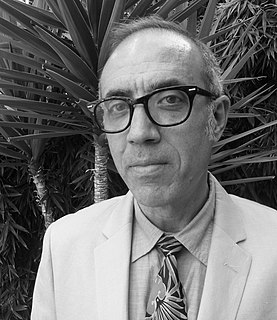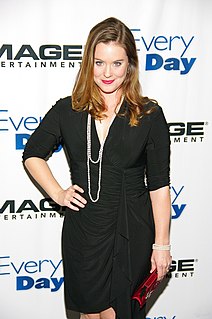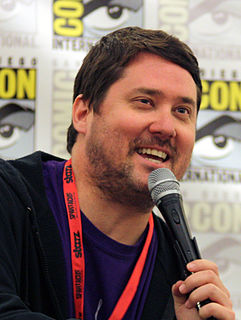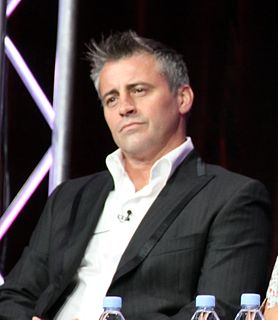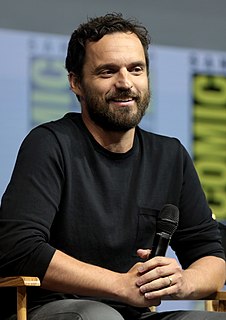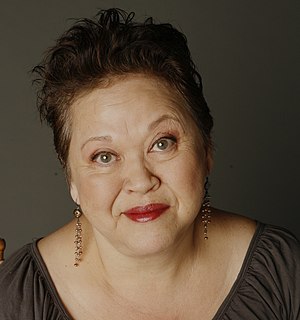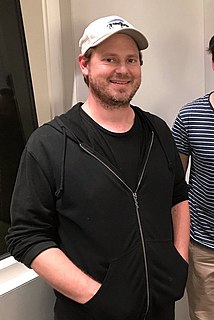A Quote by Shawn Anthony Levy
There's a very interesting article or symposium to be written on just the real difference between comedy filmmaking and non-comedy. Because, you know, when you work in comedy, you depend on audience screenings to tell you about your movie.
Related Quotes
Here's the thing, with comedy - and I learned this from Will Ferrell - you can't be ashamed. If you're doing comedy, you have to fully commit to the joke. Shame is not part of it. If you act shy or uncomfortable about your body, that makes the audience shy and uncomfortable. And in a comedy you just want them to loosen up and laugh.
It's very hard to find a good comedy. I prefer doing comedy far over anything else because I think they're actually more profound. But finding a good one and a great ensemble is very difficult to do and I'm delighted that in these particular times there is so much interest in comedy and that comedy is having so much success.
